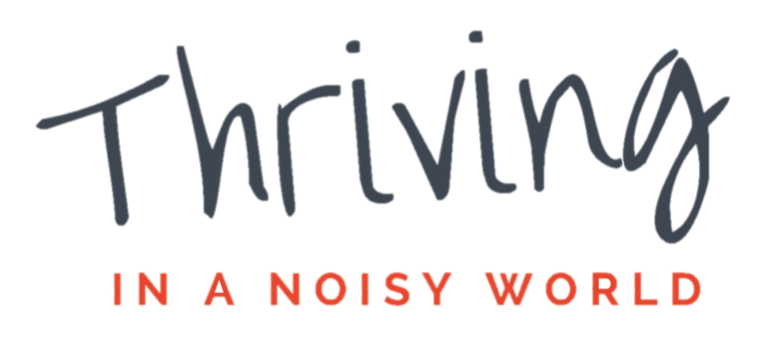What kinds of thoughts regularly fill your mind?
Do your thoughts inspire a sense of care, interest, or possibility? Or do they bring up a sense of fear, discontent, or separation?
In these crazy times, I’ve noticed that it’s very easy for me to slip into thought patterns that create a sense of fear, worry, and separation. It’s particularly pronounced when I look at the stream of bad news (which I try to limit).
Our thoughts are evolution’s way of trying to keep us safe and oriented. We all have an inherent negativity bias and dwell on the negative. As psychologist Rick Hanson likes to say: “The mind is like Velcro for negative experiences and Teflon for positive ones.”
As a short experiment, close your eyes and bring to mind the word “trouble.” Just notice what it’s like to have the word “trouble” floating around inside. Then let go of “trouble” and bring to mind the word “kindness.” Notice what that’s like. What did you notice about your emotional and physical experience?
We can come to believe that the constant inner dialogue of worries, judgments and rumination accurately represents how our lives and the world really are. That can trap us in negative mood states and create tension and stress in the body.
Mindfulness allows us to look deeply at our thoughts in a kind and nonjudgmental way. It does not mean stopping the thinking. The mind will think anything because that's what the mind does. We can learn that thoughts and stories are always present but not always true. We can use our thoughts wisely - without being trapped in them - to move forward and address the challenges we encounter.
I've found the waterfall metaphor for working with thoughts very helpful:
You don't have to stand underneath the waterfall of thoughts. You can take a few steps back and find refuge beneath an overhang where you can observe the powerful cascading stream of thoughts without being consumed by it. You can start naming your thoughts, observe their patterns, and hold them lightly to free yourself from their grip.
What are the issues or themes that regularly take over your mind?
You are not your thoughts.
Below are a few resources that I hope may be supportive for you.
With love,
Sarah-Marie
Resources
[PRACTICES]
Self-Reflection on Thought Patterns
To deepen your awareness around your thought patterns, I invite you to reflect and journal on the following:
What are your top 10 issues or themes that regularly take over your mind?
Choose several of the themes you've identified that are strong—perhaps ones that bring up anxiety or anger—and find a few words that you can use to name each of them.
[POEM]
Thanking a Monkey from An Invitation by Kaveri Patel
There’s a monkey in my mind
swinging on a trapeze,
reaching back to the past
or leaning into the future,
never standing still.
Sometimes I want to kill
that monkey, shoot it square
between the eyes so I won’t
have to think anymore
or feel the pain of worry.
But today I thanked her
and she jumped down
straight into my lap,
trapeze still swinging
as we sat still.
Guided Meditations
RAIN of Self-Compassion [16:34] to work with difficult emotions and cultivate self-compassion.
Self-Compassion Break [10:42] to work with a difficulty in your life.
Coming Home to Presence [16:59] to practice mindfulness of breath, body, and emotions.
Lovingkindness for Self & Others [19:51] to cultivate kindness toward yourself and others.
Cultivating Compassion for Others [10:56] to practice cultivating compassion for others who are struggling

